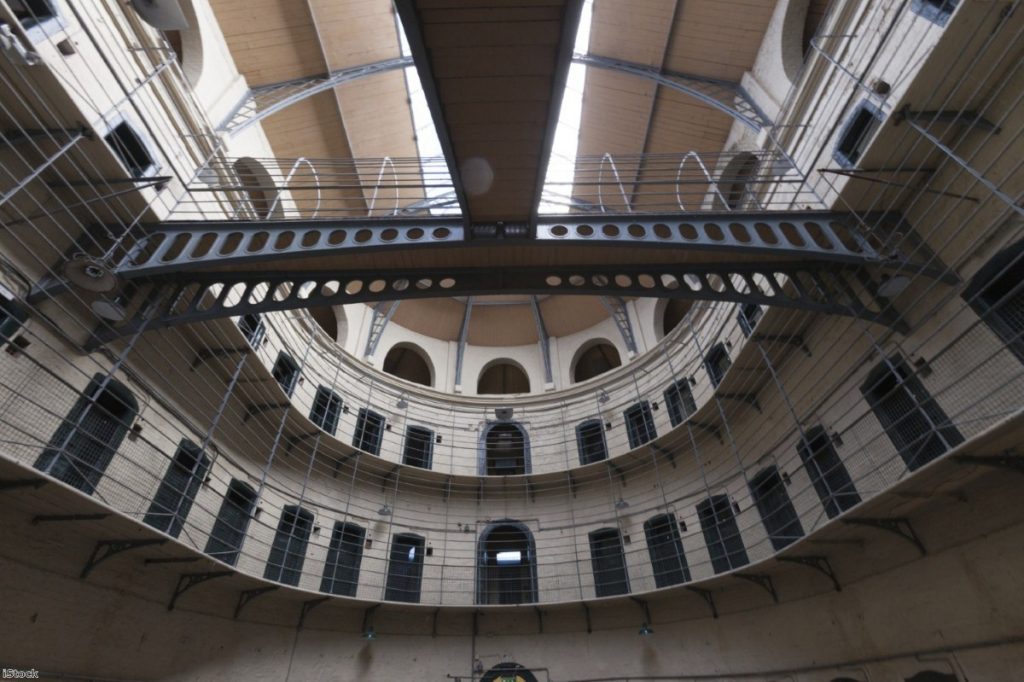By Andrew Neilson
It's already a cliché to say the vote for Brexit was seismic but there you go. It was. There will be reams of articles over the coming weeks on what Brexit means for whole swathes of social policy, just as there are already reams of articles on the economic consequences. Here is one contribution on a particular niche of social policy: penal reform.
The state of prisons and the need for radical change has been a great theme of the Cameron government since the 2015 general election. We saw a major speech on the subject by the prime minister himself at the start of the year. The prominent Leaver Michael Gove has been developing a new policy agenda at the Ministry of Justice and a great deal of effort has been put in to promote the need for change through the media. A Bill was expected in the autumn. Now, however, David Cameron has resigned and Michael Gove is hoping to replace him. Having waited two decades for its moment, is penal reform over before it even began?
We are certainly facing a challenging period of uncertainty, as is everyone else. Clearly if there is a snap general election then that period of uncertainty could lengthen the sense of political paralysis. Even without an election, the civil service will be placed under unprecedented strain as Brexit negotiations get under way. Given the prevalence of European Union influence on our laws, the Ministry of Justice will be one of the departments most affected. At the same time, an adverse economic reaction to Brexit may bring pressure for further budget cuts. None of this seems conducive to a domestic focus on the prisons.



Yet the case for reform has not gone away. The prison population will continue to grow. The violence, self-injury, and deaths will not go away. Beyond a handful of reform prisons which may benefit from some limited autonomy in the absence of supporting legislation, most institutions will continue to flounder without leadership from the centre.
Meanwhile the forgotten siblings of the prison system, the national probation service and the community rehabilitation companies, are still struggling to make sense of Chris Grayling's botched Transforming Rehabilitation privatisation.
Even with the political leadership of the government in turmoil, there are still things that we can expect to happen. We may not see a prisons Bill in the autumn, but there should still be a consultation on what that Bill may hold over the summer. Nick Hardwick, the new chair of the Parole Board, is looking at prisoners still languishing on the abolished indeterminate sentence for public protection, and ways in which the administration of parole could better prepare these prisoners for release. It would also be hoped that within the Conservative party at least, the direction of travel for reform has now been set. Whatever happens in the leadership election, it seems fair to assume that Michael Gove will still be a significant figure in the government. If he is not justice secretary, as seems likely, the case for change should be taken up by his successor.
Penal reform faces other challenges, however. Any workable Brexit scenario being considered will wrestle with the difficult question of managing immigration but the issue of sovereignty is likely to be more clear-cut. An exit from international human rights obligations and the ambit of the European Court of Justice would throw much of the legal protections that prisoners depend upon into doubt. With a British Bill of Rights looking more likely after Brexit, what will the government preserve or seek to water down?
And lest we forget, there is much talk of the Brexit result as heralding a new rise in populism. In the past, populism and penal reform have seldom mixed well. The societal divisions laid bare in the referendum result are indeed serious: it was rather like taking a pack of cards and throwing it up into the air, only for the cards to land in exact suit order, from the Ace of Spades onwards. How all political parties respond to these divisions will define what happens over the coming months and years.
Andrew Neilson is Director of Campaigns at the Howard League for Penal Reform
The opinions in politics.co.uk's Comment and Analysis section are those of the author and are no reflection of the views of the website or its owners












